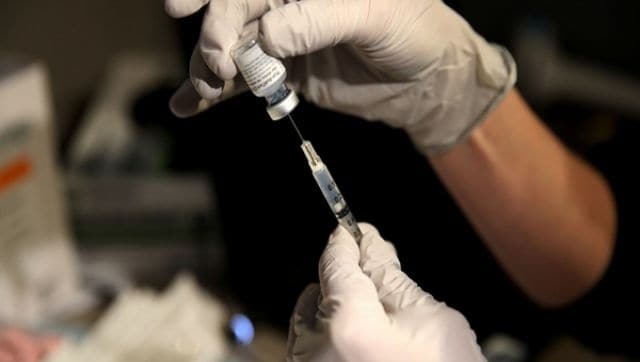Serum Institute of India (SII) had to defer HPV vaccine production by two years due to the focus on COVID, and will start supplying small quantities of the dose to the Indian government in early 2023, a top official has said.
Exports will have to wait till 2024, its chief executive Adar Poonawalla told reporters here on Thursday evening, adding that the company has to build a scale of manufacturing to over 150 million for that.
HPV vaccines prevent certain kinds of cervical cancer.
SII is the world's largest vaccine manufacturer which rushed with the production of multiple COVID vaccines at its facilities located here once the shot was approved for use.
"The HPV facility was used by the COVID vaccines during the pandemic. That's why we had to delay the larger launch to next year," Poonawalla said, speaking on the sidelines of an event.
"We will be making a very small quantity and launching with the Indian government in the first quarter of next year. Followed by a capacity for 70 million doses which can go up to 150-200 million doses the year after that," he added.
Poonawalla said the company already has an approval from the Drugs Controller General of India for domestic use of the HPV vaccines and added that once the domestic use starts, it hopes to get the prequalification from the World Health Organisation.
The company has already begun paperwork with the World Health Organization (WHO), and hopes to start exporting to Unicef, the vaccine alliance Gavi and African countries by 2024, by which time it would have ramped-up the capacities.
He added that the Indian immunization programme will also place a lot of orders.
"We are just one year later than what I'd have wanted to be in terms of our capacity," he said, adding that in 2023, it will start with a capacity of 20 million doses which will be supplied to the Indian government.
"We've used the original HPV vaccine building for covovax. So, we had no choice during the pandemic. There were so many other vaccines like dengue and so many developments which were deferred by two years," he said.










